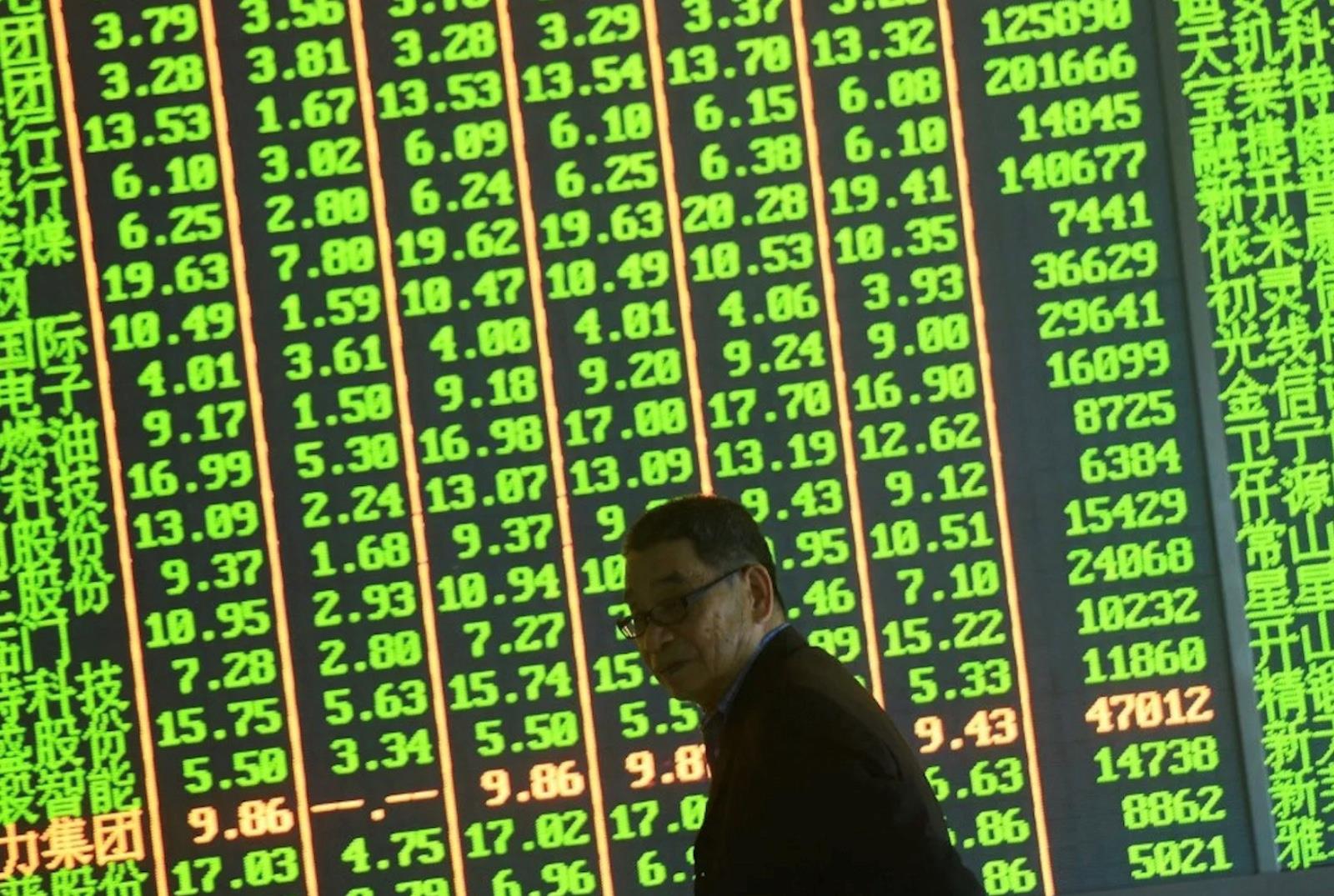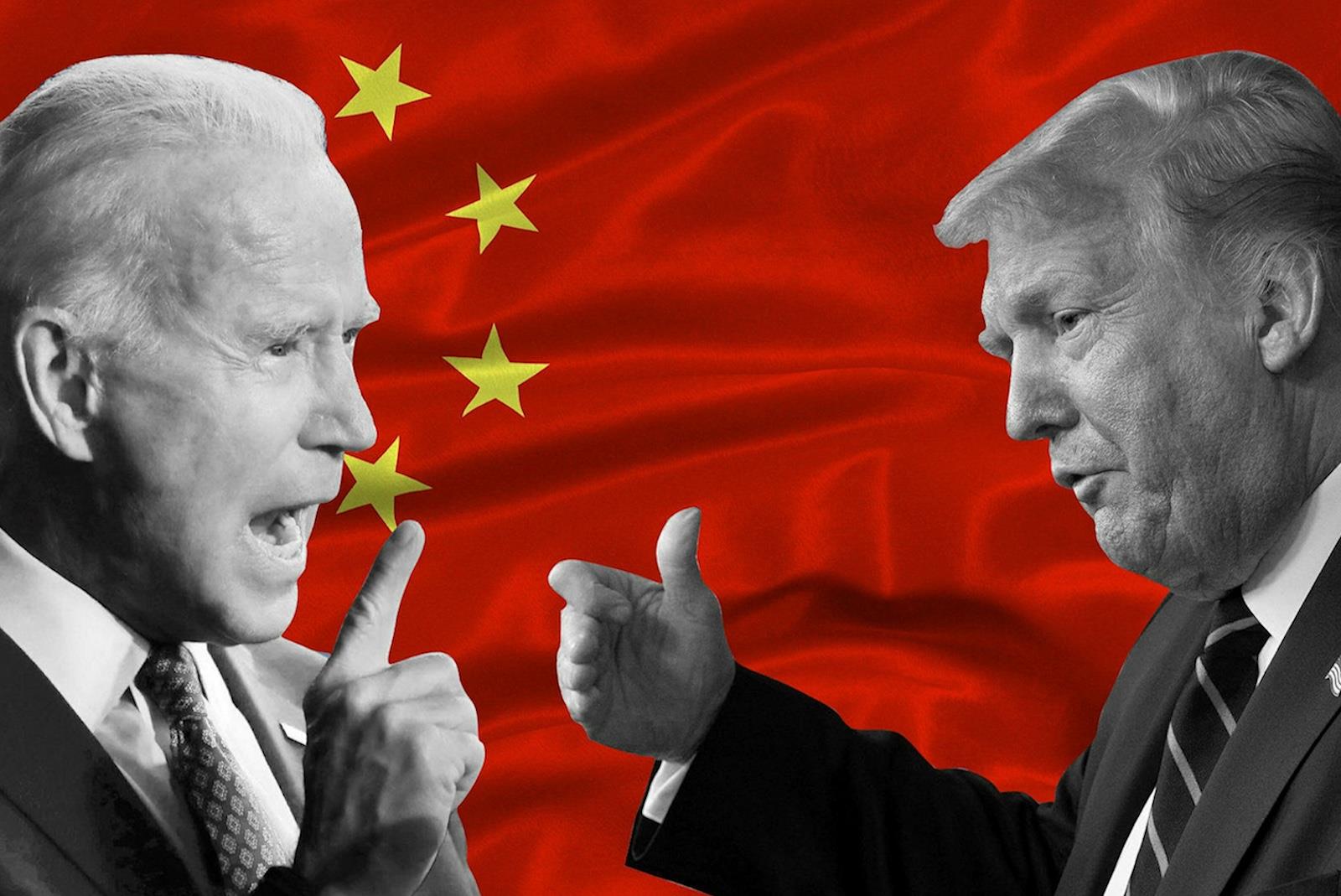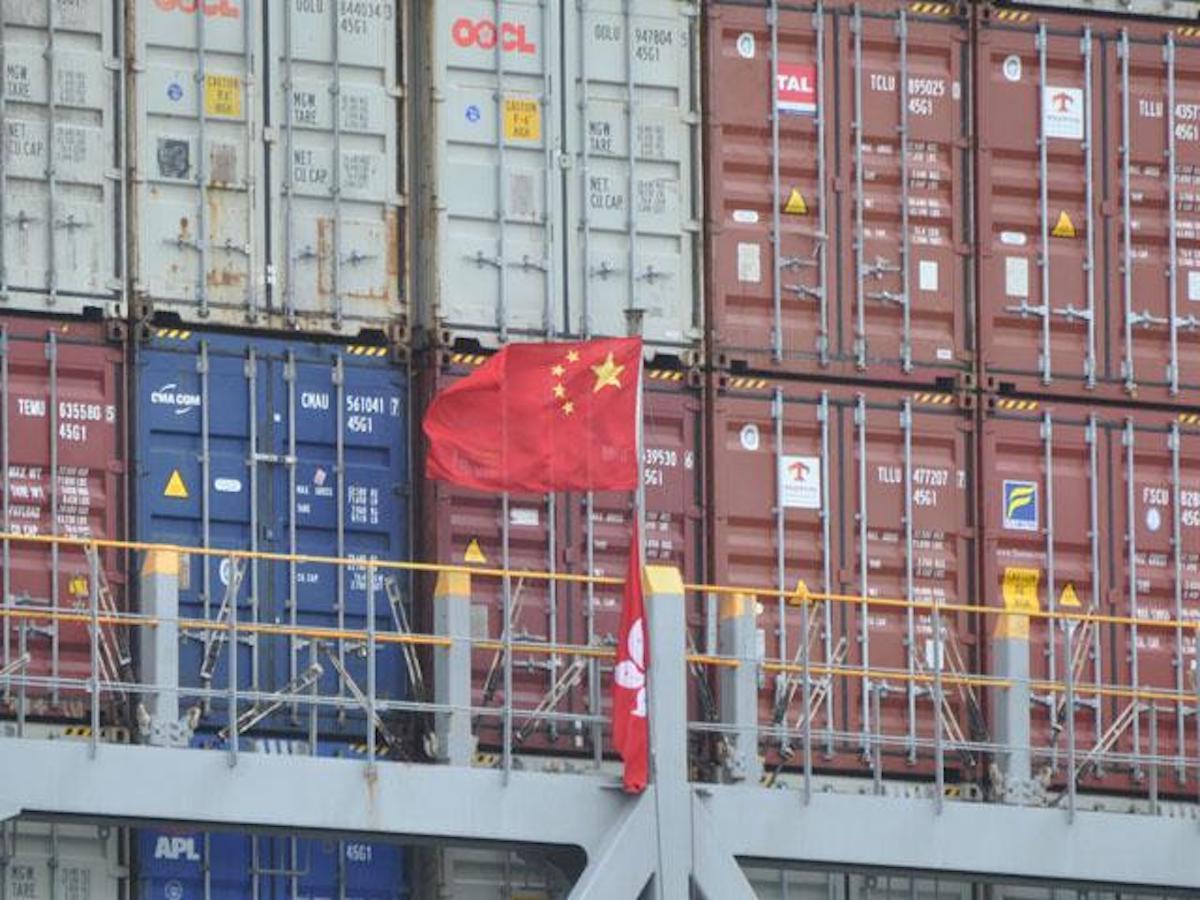
Michael Burry's 'Big Short' Logic On China Tech Stocks
You would expect nothing less from a money manager who rose to fame in Michael Lewis's 2010 book
“The Big Short.” In 2015, actor Christian Bale played Burry in Hollywood's take on a ragged assortment of players involved in the 2008 subprime crisis.
In that episode, Burry saw the coming meltdown - and the forces, blunders and institutions behind it - more clearly than virtually anyone. Those who invested with his Scion Asset Management in 2000 enjoyed returns of nearly 490% by 2008.
Burry is turning heads anew by betting big on China Inc at a moment when most investors are rushing for the exits. In recent months, Burry's firm made China's Alibaba Group its top holding and
wagered on JD, too.
Filings show Burry's upped his stake in the e-commerce juggernaut Jack Ma founded by 50% in the year ended
December 31.
The positions aren't huge - just under $6 million in each of Alibaba and JD. Yet the trades are bewilderingly at odds with the capital zooming away from China, including a tech sector plagued by regulatory chaos these last few years.
China's nearly $7 trillion stock rout since 2021 has largely drowned out discussions of contrarian bets or bargain shopping. Burry's China pivot is the exception, particularly because of the struggles facing both Alibaba and JD, whose shares are down 25% and 53% respectively over the last 12 months.
Along with China's regulatory risks and
slowing economic growth, tech shares face headwinds amid fears about the nation's property crisis and the exodus of capital out of yuan assets.
Burry's Scion isn't alone in thinking Chinese tech, particularly chip companies, is due for a rebound. Barclays and Sanford C Bernstein are nudging clients to look at certain mainland tech names. Bernstein, for example, is spotlighting Naura Technology Group and Hygon Information Technology.
Part of the rationale rests in Huawei Technologies' success in navigating around US efforts to effectively kill the Chinese telecom company. Might US sanctions aimed at wrecking China's semiconductor industry catalyze President Xi Jinping's economy to innovate and move significantly up the value-added ladder?
“We see the US sanctions as a double-edged sword,”
says Bernstein analyst Qingyuan Lin.“While they may slow China's progress in cutting-edge areas, they also compel China to develop its supply chain, pursue self-sufficiency and thrive in segments that benefit from increased domestic substitution.”
Others wonder if the broader Chinese market is being under-appreciated by investors.
“The Chinese stock market is undervalued against cash, Chinese bonds, gold, and other world stock markets - and it is in a state of total panic,” says economist Charles Gave at Gavekal Research.“It has to be the best value proposition in the world.”

Green is down and red is up on China's stock market ticker boards. Photo: Asia Times Files / AFP
Yet whether Chinese tech shares win a broader audience depends on Xi's success in championing private sector innovation over antiquated state-owned enterprises (SOEs).
This requires Beijing to act faster and more credibly to level playing fields, build stronger capital markets, increase transparency and strengthen corporate governance. And, of course, to end a property crisis that has China in global headlines for all the wrong reasons.

Legal Disclaimer:
MENAFN provides the
information “as is” without warranty of any kind. We do not accept
any responsibility or liability for the accuracy, content, images,
videos, licenses, completeness, legality, or reliability of the information
contained in this article. If you have any complaints or copyright
issues related to this article, kindly contact the provider above.























Comments
No comment